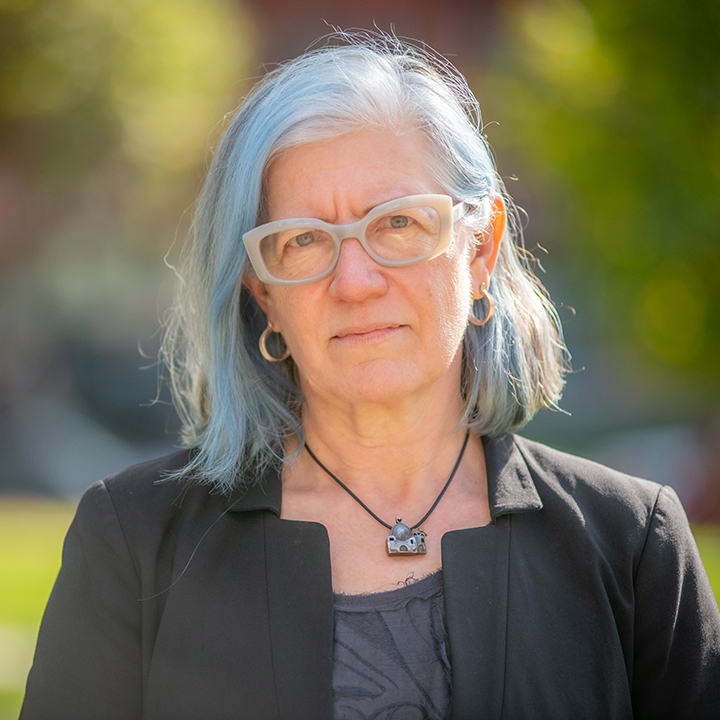Anita H. Fábos is an anthropologist who studies how people who experience displacement and forced migration think about and organize their mobile lives. She has lived, worked, and conducted research together with diasporic Sudanese Muslims and other forced migrants in the Middle East, Europe, and North America. Her research spans ethnic, racial, and national projects of exclusion, translocal mobilities and network-building practiced by people on the move, and the new forms of social cohesion transforming our societies. Fábos is especially interested in cities both as places of displacement and sites for mobile livelihoods and is developing approaches to urban sustainability that recognize and incorporate multi-sited belonging.
As the convenor of the Integration and Belonging Hub at Clark University, Fábos incorporates insights from how people on the move craft belonging into her analysis of refugee and migrant integration policies and shows how settled communities can practice integration and belonging together with newcomers. In collaboration with Cathrine Brun, Fábos explores how people living with long-term displacement make home. Fábos and Brun’s constellations of home framework challenges taken-for-granted ideas about refugees and home by revealing how the complex practices, values, and ideals of home in exile are often at odds with options supported by the international refugee system.
Fábos is devoted to teaching, research, and praxis that incorporates collaboration with people from refugee and forced migrant backgrounds. Students in her classes have carried out community-engaged projects that have investigated refugee participation in community development initiatives, refugee access to higher education, refugee livelihoods in Worcester, and experiences of belonging and home for people from refugee and non-refugee backgrounds. Her undergraduate and graduate teaching at Clark University includes courses on interdisciplinary methods, development theory, and forced migration policy.


